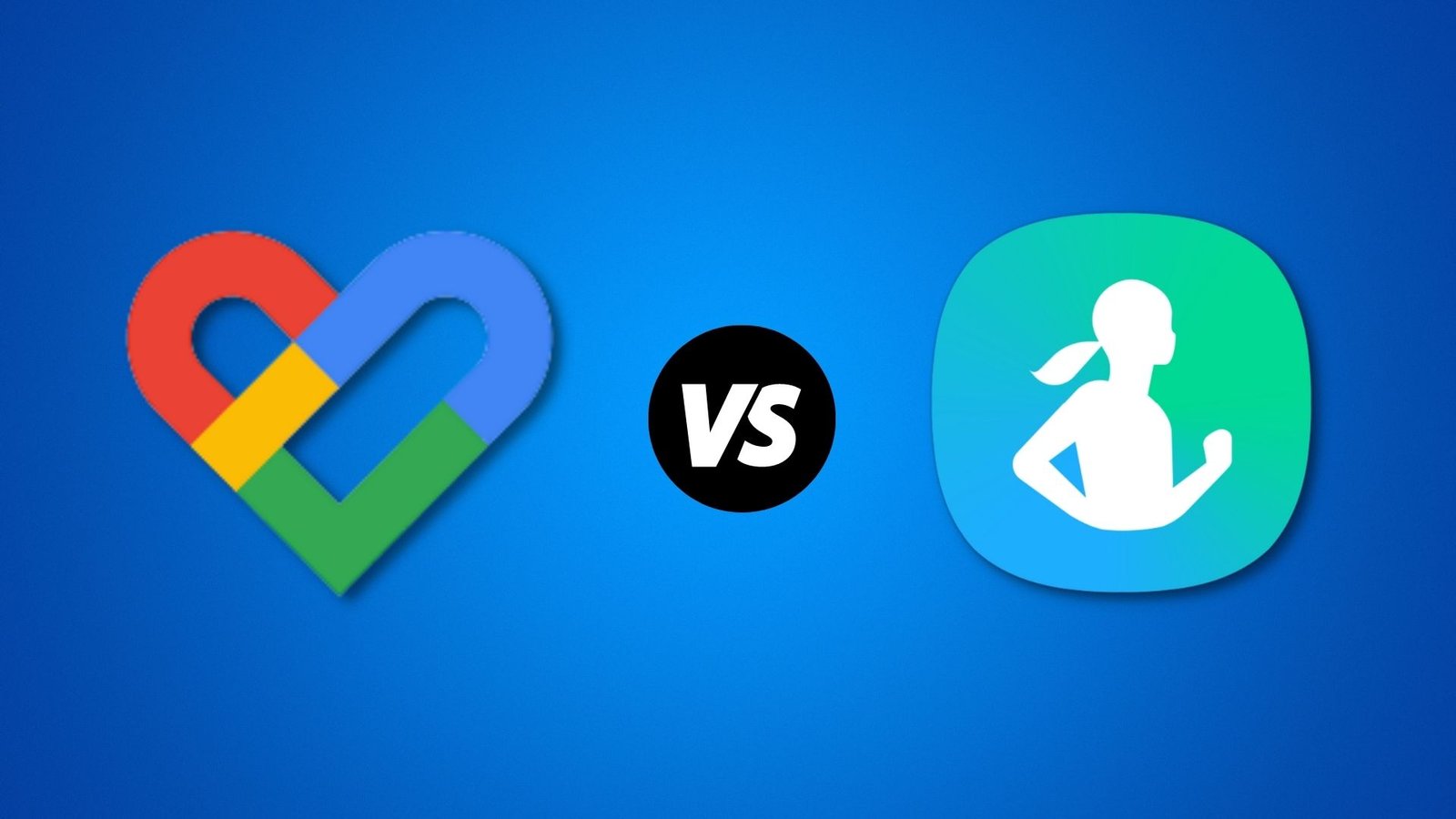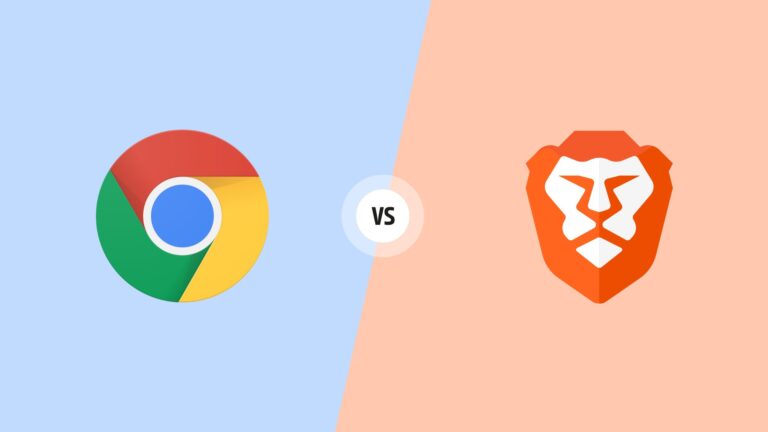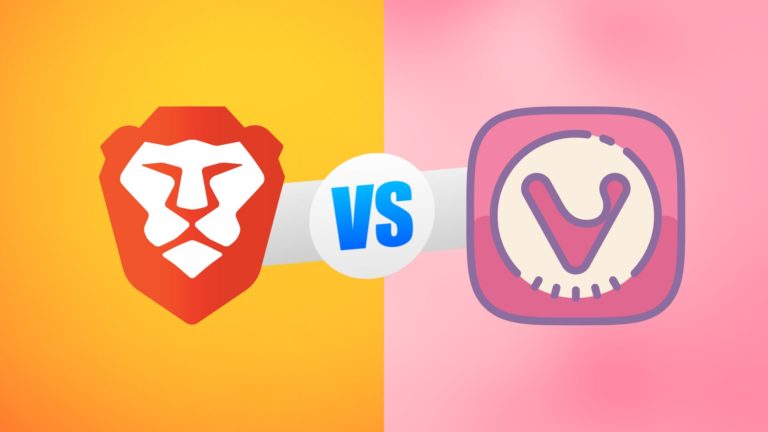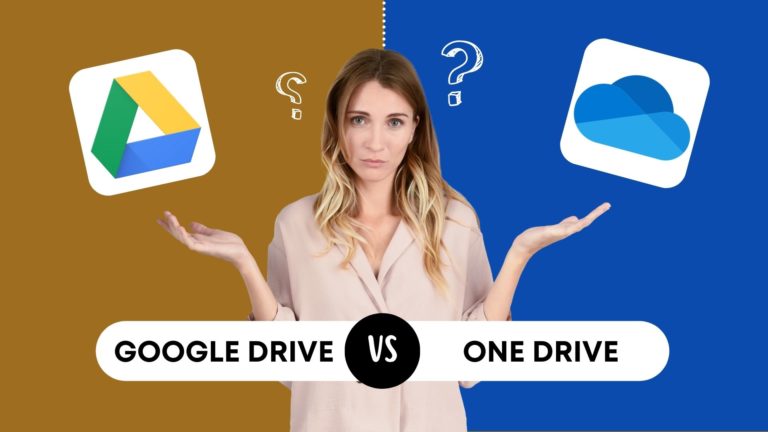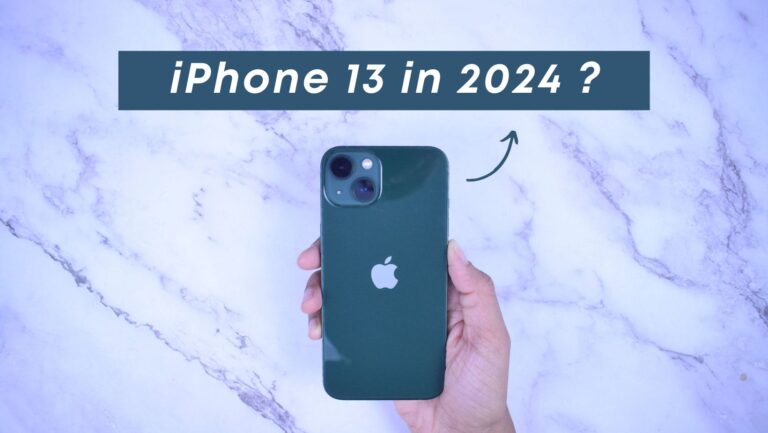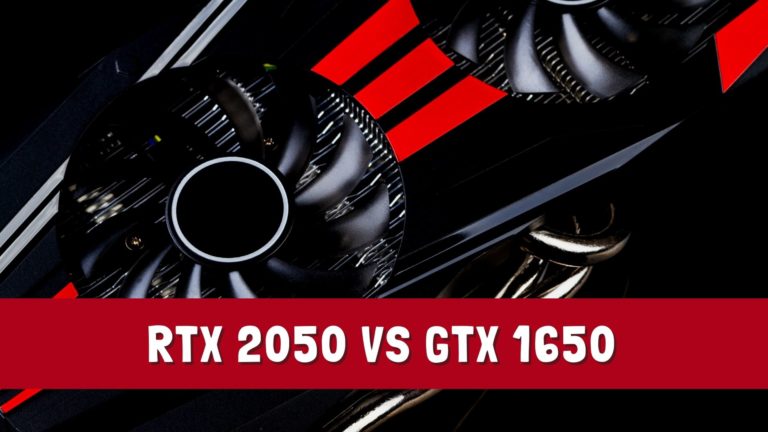Fitness has jumped a few spots on the priority list of most people. With so many things going on in the world and our lives, people are more aware of fitness’s importance. And with modern technical devices thrown into the mix, the whole thing steps to a new level. Keeping up with your health and fitness is easier now with many new apps, features, or even gadgets to help you.
The most popular fitness tracking apps are Samsung Health and Google Fit. Both apps have a stellar rating and are amazing at getting the job done. But when you put them side-by-side, which one turns out to be the better app (theoretically, at least)?
If you’re trying to pick a fitness app but are confused with your options, here is a side-by-side comparison of both apps. Spoiler alert: they’re both good. Picking one will come down to your personal preference, of course, but you know, it doesn’t hurt to do a little research about that.
Samsung Health vs. Google Fit: Which One Fares Better?
Samsung Health and Google Fit are both amazing apps. They have their strong forte and weaknesses. Regarding overall performance, Samsung Health gets a clear win over Google Fit. It has more features and in-depth data analysis, whereas Google Fit mostly offers basic features.
1. Availability and Compatibility
Both apps were targeted at the bigger part of the market, so they’re both available for all devices. They are compatible with both popular OS, but the competition is pretty clear here.
Samsung Health is available in both Google Play Store and Apple App Store. So it can operate on both android and iOS. The compatibility part is a little limited for this app. It is compatible with mobile devices and smartwatches manufactured by Samsung. That’s about it when it comes to Samsung Health’s compatibility.
Google Fit, on the other hand, has a lot more to offer in this department. It is available in both Play Store and App Store for iOS, so it is available for both OS. As for compatible devices, Google Fit is compatible with pretty much everything. Besides smartphones, Google Fit is compatible with all Wear OS and fitness bands. It also supports Polar Devices and Xiaomi mi bands.
2. User Interface

The user interface is the one thing that hooks the user. Samsung health focuses on showing more data-based information, and Google Fit shows more user-centered data on its home screen.
Both apps have a white background on their homepage. The Samsung Health app will show you health and fitness-related news. This is followed by your fitness stats. The app will show you the tracking data it has collected, like heart rate (if your device is compatible with that), weight, the number of kilometers walked, food intake, and your steps count. These are all on the first page, so you won’t have to scroll to see the data you want.
Google Fit is a little basic compared to this. The app will show you your profile icon first. Your profile icon has the heart point count and steps count on display with it. The first page also has your steps count, the number of kilometers walked and the number of calories burned. If your Wear OS can track your heartbeat rate, you’ll also see that on the first page.
3. Steps Count

Both apps can detect and track your walking activity, but the end number can be slightly different. Both apps show the same distance covered, but when it comes to stepping count, Google Fit shows more steps than Samsung Health.
It is important to keep in mind that both apps are sensor-based and aren’t 100% accurate. They have their own standards and algorithms to measure your data. Samsung Health counts both fast and slow-paced steps when you’re walking. If you slow down, it will count fewer steps but will count it as active time.
For Google Fit, you can be as fast or slow as you want, but it will only count the fast-paced steps. The app tracks your data and puts in the number of steps in your active time. So, the active time can be a little slower than the Samsung Fit count, but most of the time, both apps show the same number for the steps count.
4. Data Tracking
Both Samsung Health and Google Fit can track many activities and other data besides walking. They can also track exercises, food intake, sleep, and other health parameters.
Other than walking, some of the activities and parameters the Samsung Health app can track are:
- Food
- Water
- Stress
- Sleep
- Glucose level (Samsung watch required)
- Weight (you’ll have to put t in manually)
- Heart rate (Samsung watch required)
- Oxygen level (Samsung watch required)
- Blood pressure (Samsung Watch required)
Google Fit is a little behind on extra health data. This app can track:
- Weight (manual input)
- Sleep
- Blood pressure (manual input)
- Heart rate (Smartwatch required)
Sleep tracking

Samsung Health and Google Fit both are amazing at tracking sleep. Samsung Health looks like it has the upper hand here, but it actually depends on your personal preference.
Samsung Health depends on the screentime of your phone for sleep tracking. Once you put on the sleep tracking mode and turn off your screen, it will start counting sleep time. The counting stops when you turn your screen back on. This is nice if you’re leaning more into automatic inputs, but there’s a slight problem.
If you turn your phone on even for a second or check the time, the Samsung Health app will count that as your wake-up call. So, if you tend to check your phone for the time when you can’t sleep, your sleep count will stop, and the entry will be incorrect.
Google Fit completely depends on manual entry for sleeping. You’ll have to mark your sleeping time and log the total hours after waking up. It is risk-free, but the app counts up to 22 hours of sleep. That is unrealistic, to say the least.
So, both apps have some minor hiccups when it comes to tracking sleep.
Exercise tracking

Samsung Health has fewer tracking options, especially if it is exercise. Google Fit has more options, but you’ll have to input some of them manually. Samsung is better regarding other metrics like food and water intake.
Samsung health has 84 different exercises listed in the app. It can automatically track them if you’re wearing a Samsung smartwatch or you’ll have to carry your phone when doing them. It also has the manual input option, so you don’t have to worry if you forget your phone. It also has a search option to make things easier.
Google Fit can track 104 different exercises. You can manually input them or use your Wear OS for automatic entries. The app doesn’t have a search option, so you’ll have to manually look up the exercises you want to log.
Extra Features
Samsung Health:
- Calorie intake tracker: This feature lets you log in your food intake and helps you tailor a diet.
- 34 different language support: The app is available in different languages, so there is no need to worry if you don’t speak English.
- Challenge option: There is a Together feature where you and your friends can challenge each other
Google Fit:
- Journal: This lets you keep a cleaner record of your fitness data. Every app’s index is logged in and sorted by date and time.
Which one is Better For You?
Google Fit may be more available and compatible, but Samsung Health is miles ahead when it comes to features. It also has a more in-depth take on your fitness data. So if you want to choose one, go for Samsung Health.
Conclusion
Samsung Health and Google Fit are two of the most versatile and well-rounded fitness apps you will find. Both apps have room to improve since they work based on sensors. The small errors aside, if you want to pick one of them, then Samsung Fit is a clear winner in almost all categories.
